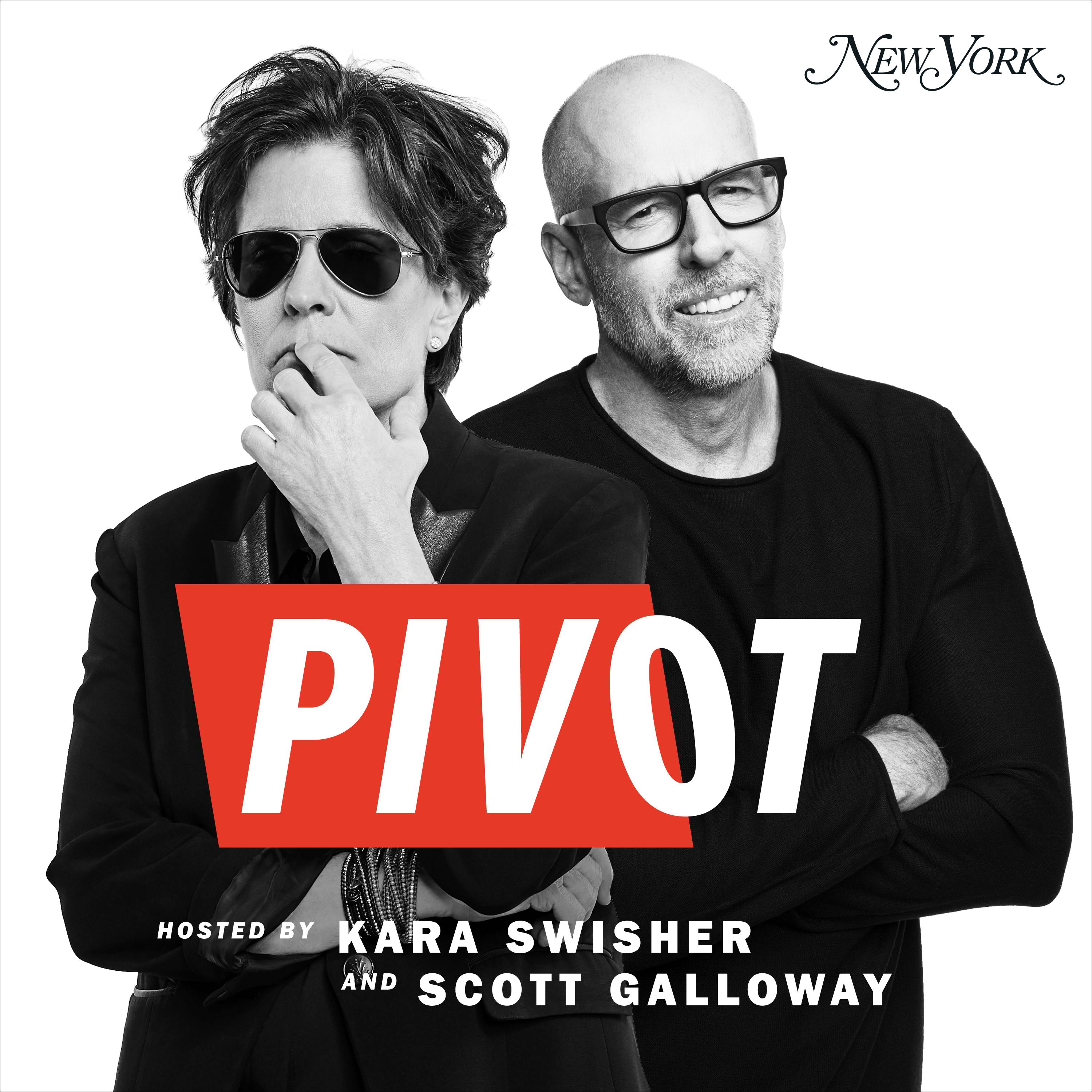
Meta's Chief AI Scientist Yann LeCun Makes the Case for Open Source | On With Kara Swisher

Pivot
Deep Dive
Why is Yann LeCun known as one of the godfathers of AI?
Yann LeCun is known as one of the godfathers of AI because of his foundational work on neural networks, which he has been pushing since the 1980s. This work forms the basis for many of today's most powerful AI systems, and he received the 2018 Turing Award for his contributions to deep neural networks.
Why is Yann LeCun so outspoken on social media?
LeCun is outspoken on social media because he is politically a classic liberal, which places him in the center on the European political spectrum but more on the left in the U.S. He is particularly critical of individuals like Elon Musk and Donald Trump, especially when they attack institutions of higher learning or spread misinformation.
Why did Yann LeCun choose to join Meta rather than stay in academia?
LeCun joined Meta because he was given the opportunity to create a well-funded, large-scale AI research organization with the freedom to publish and share open-source code. This was not possible in academia due to the lack of resources and the closed nature of large tech companies. Meta allowed him to maintain his academic position at NYU while leading groundbreaking research.
Why does Yann LeCun think AI is not ready for human-level intelligence?
LeCun believes that current AI systems are hitting a performance ceiling because they are primarily based on predicting the next word in a text. While these models can pass exams, they struggle to understand the physical world and perform complex tasks like cleaning a house. True human-level intelligence requires new architectures that can understand and interact with the physical world, similar to how babies and young animals learn.
Why is Meta investing so heavily in AI infrastructure?
Meta is investing heavily in AI infrastructure to support the growing number of users who will use AI assistants daily. The company forecasts that its AI systems will be used by 600 million people by the end of the year, and more powerful AI systems require more expensive computational resources.
Why does Yann LeCun support the open-source model for AI development?
LeCun supports the open-source model because it allows for faster innovation and a more distributed, democratic approach to AI development. He believes that having more people working on and fine-tuning AI systems can lead to better and safer outcomes, and it helps prevent the concentration of AI power in the hands of a few companies. The open-source model also enables a diversity of cultural and linguistic adaptations.
Why does Yann LeCun disagree with Hinton and Bengio's warnings about AI existential risks?
LeCun disagrees with Hinton and Bengio's warnings because he believes the dangers have been exaggerated. He thinks AI is still far from achieving human-level intelligence and that the technical challenges are more significant than the potential existential threats. He also argues that current AI systems are not as capable as some suggest, and that regulation of AI R&D would stifle innovation and progress.
Why does Yann LeCun think cultural institutions should make their content available for AI training?
LeCun believes that cultural institutions should make their content available for AI training to ensure that AI systems can understand and speak a diverse range of languages and cultural contexts. This is crucial for preserving and promoting cultural heritage, especially for endangered languages and regional dialects. He envisions a global, distributed AI system that can be fine-tuned for various cultural and value systems.
Why does Yann LeCun think regulation of AI R&D is counterproductive?
LeCun thinks regulation of AI R&D is counterproductive because it would make it too risky for companies to distribute open-source AI platforms. This could lead to a concentration of AI power in the hands of a few private companies, which would be detrimental to the diversity and democratization of AI. He believes that regulating products based on AI, rather than the R&D itself, is a more effective approach.
Why does Yann LeCun believe that AI is the best countermeasure against hate speech and disinformation?
LeCun believes that AI is the best countermeasure against hate speech and disinformation because it can detect and mitigate harmful content more effectively than humans, especially at scale. He points out that AI technology has significantly improved the ability of platforms like Facebook and Instagram to detect hate speech in multiple languages, and that the best protection is having more powerful AI in the hands of the good guys.
- LeCun's outspoken political views and social media presence.
- His disagreement with calls for government regulation of AI research.
- His public disputes with Elon Musk and criticism of Donald Trump.
Shownotes Transcript
We're bringing you a special episode of On With Kara Swisher! Kara sits down for a live interview with Meta's Yann LeCun, an “early AI prophet” and the brains behind the largest open-source large language model in the world. The two discuss the potential dangers that come with open-source models, the massive amounts of money pouring into AI research, and the pros and cons of AI regulation. They also dive into LeCun’s surprisingly spicy social media feeds — unlike a lot of tech employees who toe the HR line, LeCun isn’t afraid to say what he thinks of Elon Musk or President-elect Donald Trump.
This interview was recorded live at the Johns Hopkins University Bloomberg Center in Washington, DC as part of their Discovery Series.
Learn more about your ad choices. Visit podcastchoices.com/adchoices)